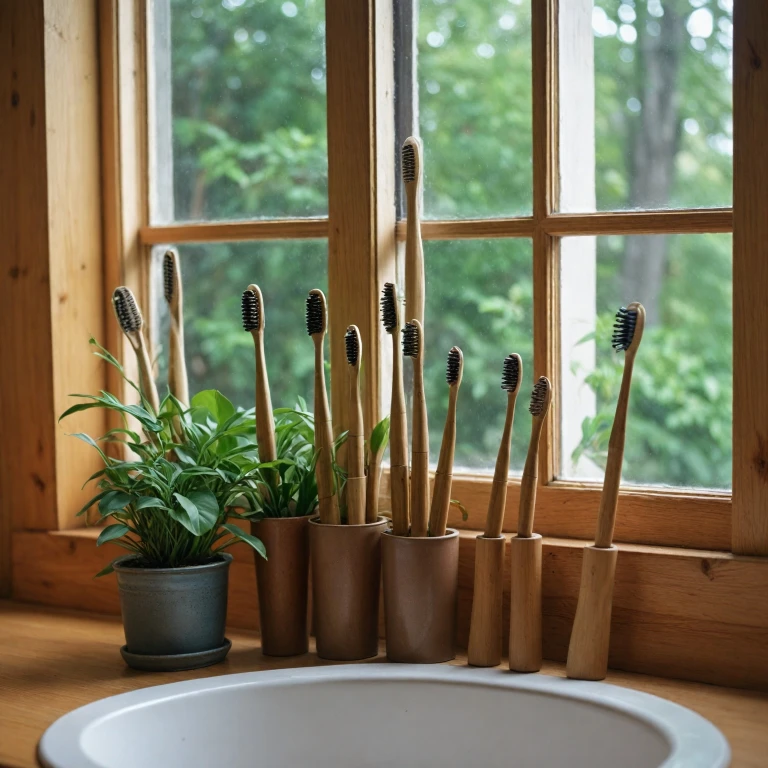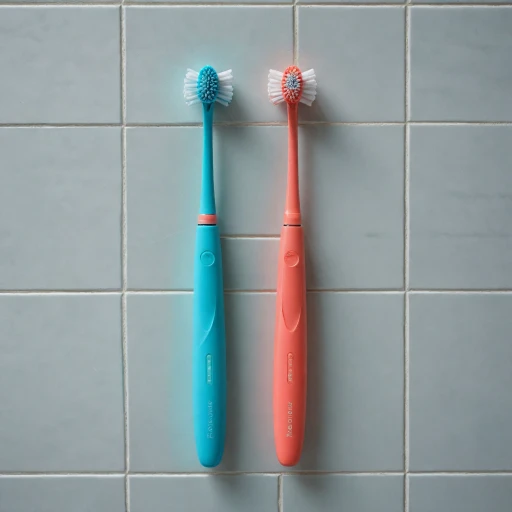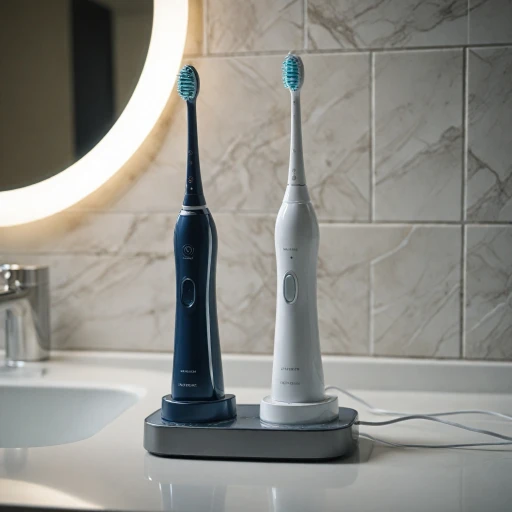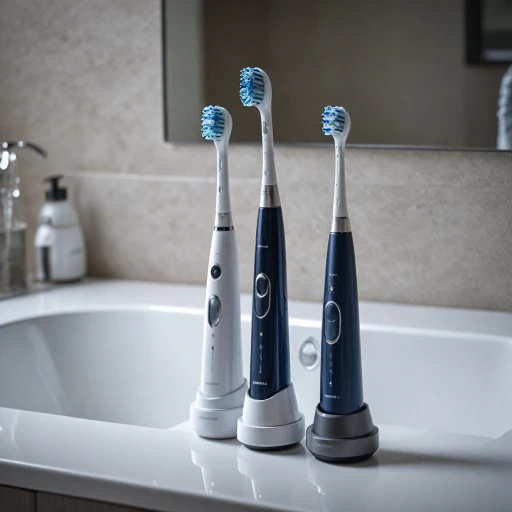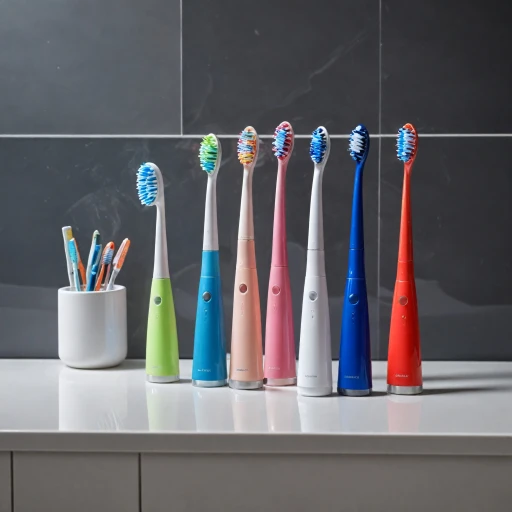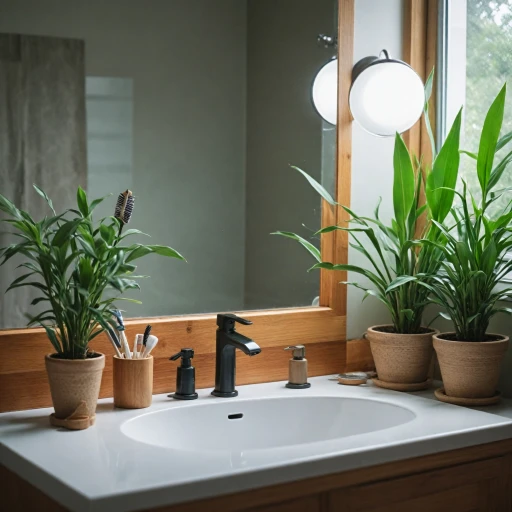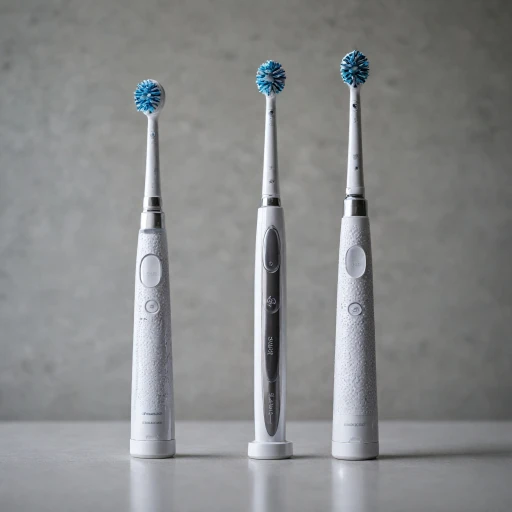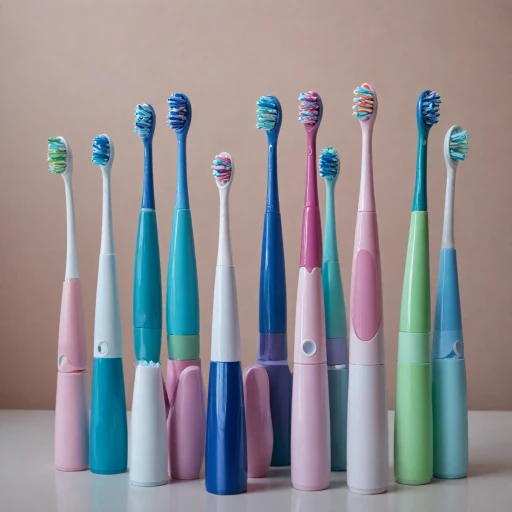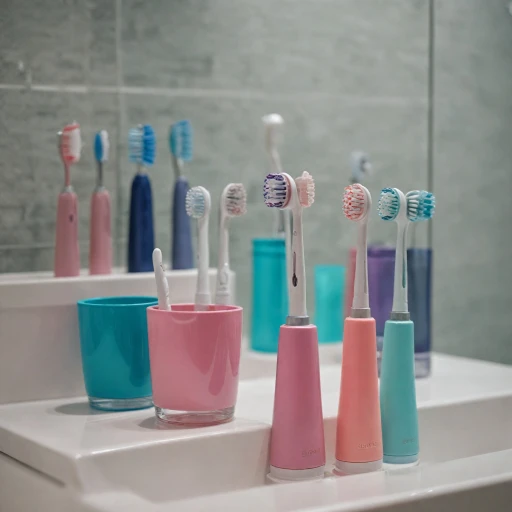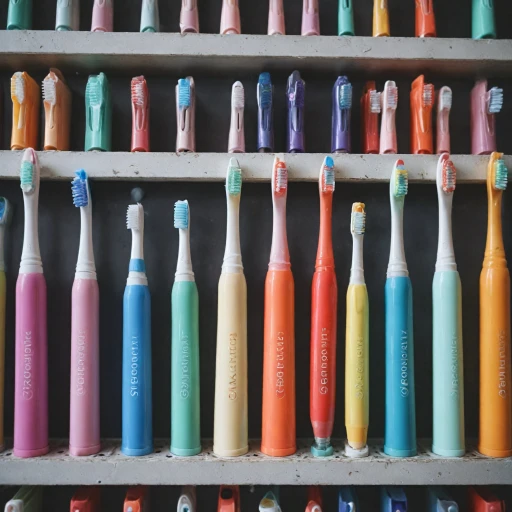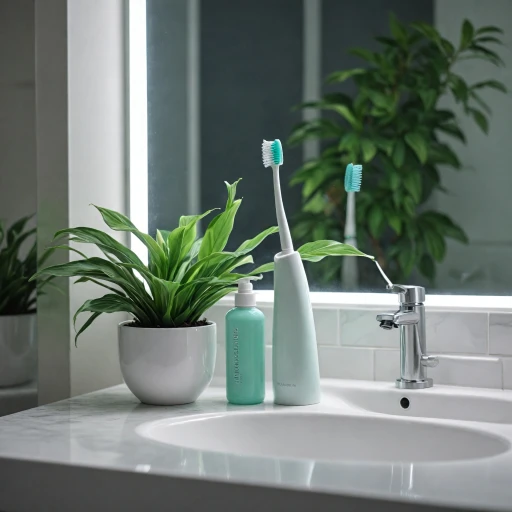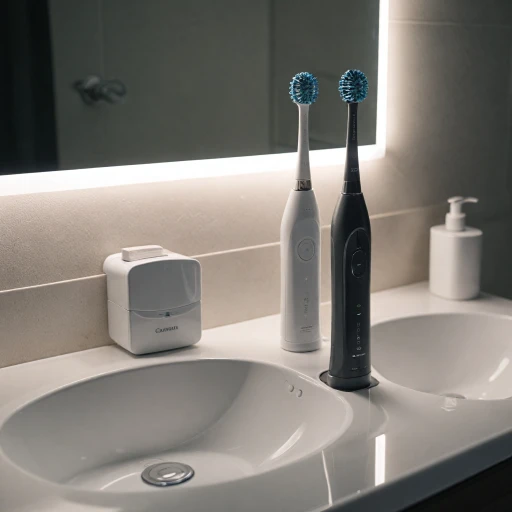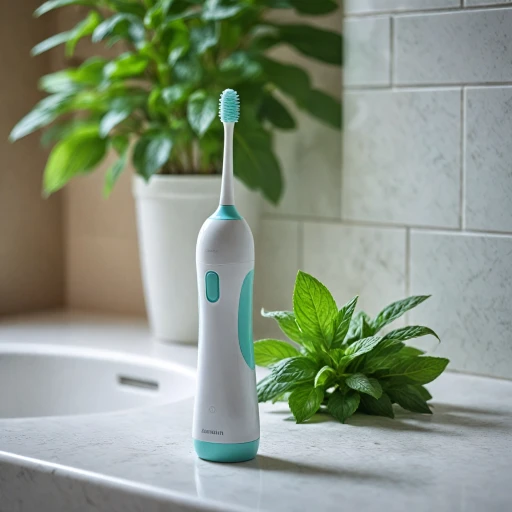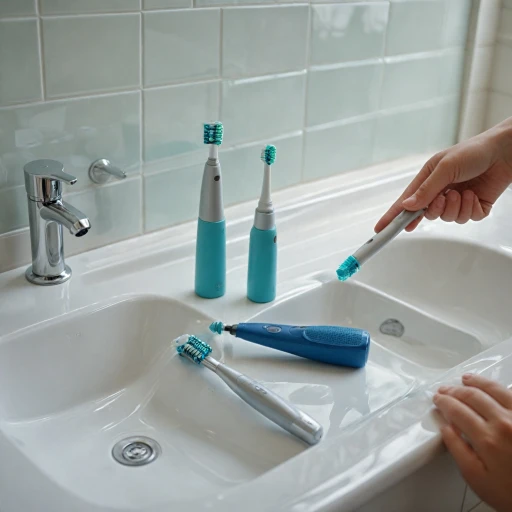
Understanding Natural Toothbrushes
The Rise of Eco-Friendly Dental Solutions
In recent years, there has been a steady shift towards more eco-friendly solutions in personal care products, including dental hygiene. Among these, natural brushes have gained popularity due to their sustainable and biodegradable qualities. Unlike traditional plastic toothbrushes, which contribute significantly to landfill waste, natural alternatives are made from materials that minimize environmental impact.
The Role of Bamboo in Oral Care
Bamboo, a renewable resource, is often the material of choice for these eco-friendly toothbrushes. Bamboo toothbrushes use a bamboo handle which is inherently biodegradable, providing an excellent alternative to conventional plastic handles. With the growing trend towards sustainable living, more people are opting for plant-based products in their daily routines.
Distinguishing Features of Natural Brushes
- Bristles: Natural toothbrushes usually have soft bristles that are gentle on the gums. These often consist of nylon bristles that are BPA-free and designed to offer effective cleaning without compromising on comfort.
- Design: Many come in a plastic-free design, focusing on simplicity and utility. From ultra-soft to more firm bristle options, these brushes cater to various oral health needs.
- Environmental Impact: Choosing a biodegradable bamboo option means reducing the plastic waste that is so abundant with traditional products. These brushes often come in a pack that includes a toothbrush travel case, facilitating an on-the-go lifestyle without additional waste.
By making a switch to a friendly toothbrush based on renewable resources, you contribute positively towards a more sustainable planet. Despite their growing popularity and clear advantages, it's important to weigh them against other types, such as electric toothbrushes, to ensure you find the best fit for your personal oral care needs.
Benefits of Using Natural Toothbrushes
Eco-Friendly Advantages for Oral Care
The move towards natural toothbrushes, particularly those made from bamboo, offers a range of benefits that are hard to ignore for the environmentally conscious consumer. These toothbrushes are designed with sustainability in mind, providing an effective oral care experience while minimizing environmental impact.- Biodegradable Bamboo Handles: Unlike plastic toothbrushes, bamboo toothbrushes feature handles crafted from sustainable, biodegradable bamboo. This ensures that once discarded, the handle will decompose naturally, leaving a minimal footprint on the environment.
- Soft Bristles with a Responsible Approach: Many natural toothbrush brands offer soft bristles made from nylon, a choice that balances effective cleaning with oral health safety. While they are not yet biodegradable, these bristles often come from suppliers focused on reducing environmental impact.
- BPA-Free Options: Health and safety are paramount, and natural toothbrushes often come BPA-free, which is a common concern with plastic toothbrushes. This adds an additional layer of assurance when selecting an eco-friendly toothbrush.
- Plant-Based and Plastic-Free: The eco-friendly toothbrush design often includes elements beyond the handle. Various brands offer plant-based bristle options, contributing to a more plastic-free product that aligns with a sustainable lifestyle.
Comparing Natural and Electric Toothbrushes
Evaluating Preferences: Natural Versus Electric
Choosing between natural and electric toothbrushes largely depends on personal preferences, priorities, and specific oral care needs. While both types serve the fundamental purpose of maintaining oral hygiene, they cater to different values and lifestyles. For those who are eco-conscious, opting for a natural toothbrush might be appealing. Most natural toothbrushes boast a bamboo handle and plant-based design, emphasizing sustainability and biodegradability. These products typically feature soft bristles, often made from nylon, to offer effective cleaning without harsh abrasiveness. This approach minimizes the environmental footprint, especially when compared to traditional plastic toothbrushes, which are far less eco-friendly. Electric toothbrushes, on the other hand, offer a high-tech approach that many regard as superior in terms of brush efficiency. These devices often come with features such as multiple brushing modes, timers, and pressure sensors, providing a tailored cleaning experience. According to studies, electric toothbrushes may help reduce more plaque than a manual brush, potentially leading to improved oral health outcomes. For more insights into the advantages of electric toothbrushes, you might consider exploring this guide to electric toothbrushes. In terms of maintenance, natural options are typically low-cost and simple to manage. Often available in packs with a toothbrush travel case, they are ideal for those valuing minimalism and biodegradability. Conversely, electric models may involve a higher initial price and ongoing costs related to replacement brush heads. However, benefits such as a USB charge capability and ADA acceptance for performance can be appealing. Ultimately, the decision between natural and electric toothbrushes should be based on your values—whether it's promoting sustainability with a bamboo toothbrush or investing in advanced oral care technology with electric options.How to Choose the Right Natural Toothbrush
Evaluating Your Natural Toothbrush Options
When choosing the right bamboo toothbrush, several factors need consideration to ensure you're selecting a product that meets your personal and environmental needs. Here's how to navigate the array of options:- Material of the Handle: Opt for a bamboo handle, which is not only eco-friendly but also biodegradable compared to traditional plastic toothbrushes. Bamboo is a sustainable choice, reducing waste one brush at a time.
- Bristle Composition: The bristles are crucial for effective oral care. While some bamboo toothbrushes feature nylon bristles, look for those labeled as BPA free or consider plant-based options. Soft bristles protect your gums while effectively cleaning your teeth.
- Design Considerations: Choose a toothbrush with a design that suits your oral needs. If you have sensitive gums or teeth, an ultra-soft brush head would be ideal. Many bamboo toothbrushes come in a pack, catering to family needs or travel cases for convenience during trips.
- Pricing and Availability: Compare prices both in-store and online. Many reputable brands offer competitive prices on platforms like Amazon, often accompanied by free shipping. Factor in whether the toothbrushes come in a pack, as this might offer better value.
- Longevity and Care: Much like caring for your natural toothbrush, proper maintenance extends its life. Rinse your brush thoroughly after use and store it in a dry area. Some options include a biodegradable toothbrush travel case to protect it on the go.
Caring for Your Natural Toothbrush
Proper Maintenance for Your Eco-Friendly Toothbrush
Caring for your natural toothbrush, often made from bamboo, is essential to prolong its lifespan and maintain its performance. A well-maintained toothbrush not only contributes to effective oral care but also ensures you're fully benefiting from its eco-friendly design.Here are some practical tips to help you care for your bamboo toothbrush:
- Rinse and Dry Properly: After each use, thoroughly rinse your toothbrush under running water to remove residual toothpaste and debris. Store it upright in a toothbrush holder, ensuring it's exposed to air to dry. Bamboo toothbrushes resist water, but keeping them dry prevents mold growth, extending the brush's life.
- Replace the Brush Regularly: Much like electric or plastic toothbrushes, bamboo toothbrushes need regular replacement. Dentists generally recommend replacing your toothbrush every three months or sooner if the soft bristles start to fray.
- Avoid Closed Holders: While a travel case is convenient for trips, avoid using plastic containers that trap moisture, as this can lead to the growth of bacteria and mold on your eco-friendly toothbrush.
- Keep Away from Water: Prolong exposure to water may weaken the bamboo handle. Instead of leaving the brush in a damp toothbrush holder or soaking it, store it in a well-ventilated area.
- Handle with Care: Although bamboo is sturdy and sustainable, it can crack if handled roughly. Treat the toothbrush gently when brushing and handling to maintain its structural integrity.
By following these care tips, your bamboo toothbrush can effectively serve you for months. Opting for a biodegradable and plastic-free toothbrush aligns with sustainable living practices, promoting a healthier planet while keeping your teeth clean and your conscience clear. Remember, whether you shop for an entire pack or an individual bamboo brush, taking care is key to a long-lasting product.
Frequently Asked Questions About Natural Toothbrushes
Common Questions About Natural Toothbrushes
Switching to a natural toothbrush might raise a few questions, especially if you're accustomed to using traditional plastic toothbrushes or an electric model. Here, we'll address some common queries to help guide your decision towards more sustainable oral care.
Are natural toothbrushes biodegradable?
Yes, most natural toothbrushes—especially those with bamboo handles—are designed with the environment in mind, featuring biodegradable materials. This is in stark contrast to traditional plastic toothbrushes, which contribute to landfill waste. For instance, bamboo toothbrushes often use a combination of plant-based materials for the handle and more eco-friendly options like nylon bristles for the brush head.
Do they effectively clean teeth compared to plastic and electric options?
Natural toothbrushes can offer an effective clean, particularly those with soft bristles that are gentle on gums while effectively removing plaque. The unique design of these toothbrushes, sometimes featuring curved or textured bristles, helps in adequately maintaining oral hygiene. However, electric toothbrushes might still have the edge in terms of advanced cleaning technology and features like usb charge capabilities.
What about pricing and availability?
Natural toothbrushes are often priced competitively, with options available in various pack sizes for convenience, making them as affordable as plastic alternatives. Many eco-friendly shopping sites and platforms, like Amazon, offer competitive pricing and free shipping options.
Can these toothbrushes be used with travel cases?
Absolutely! Many natural toothbrushes come with their own plastic-free travel cases or fit well in existing toothbrush travel cases, making them a practical choice for those on the go.
Are there any maintenance tips?
To extend the life of your natural toothbrush, ensure it dries thoroughly between uses. Proper care entails storing it in a well-ventilated area and periodically cleaning the bristles and bamboo handle to prevent mold, as highlighted in our advice on maintaining sustainable brushes.

